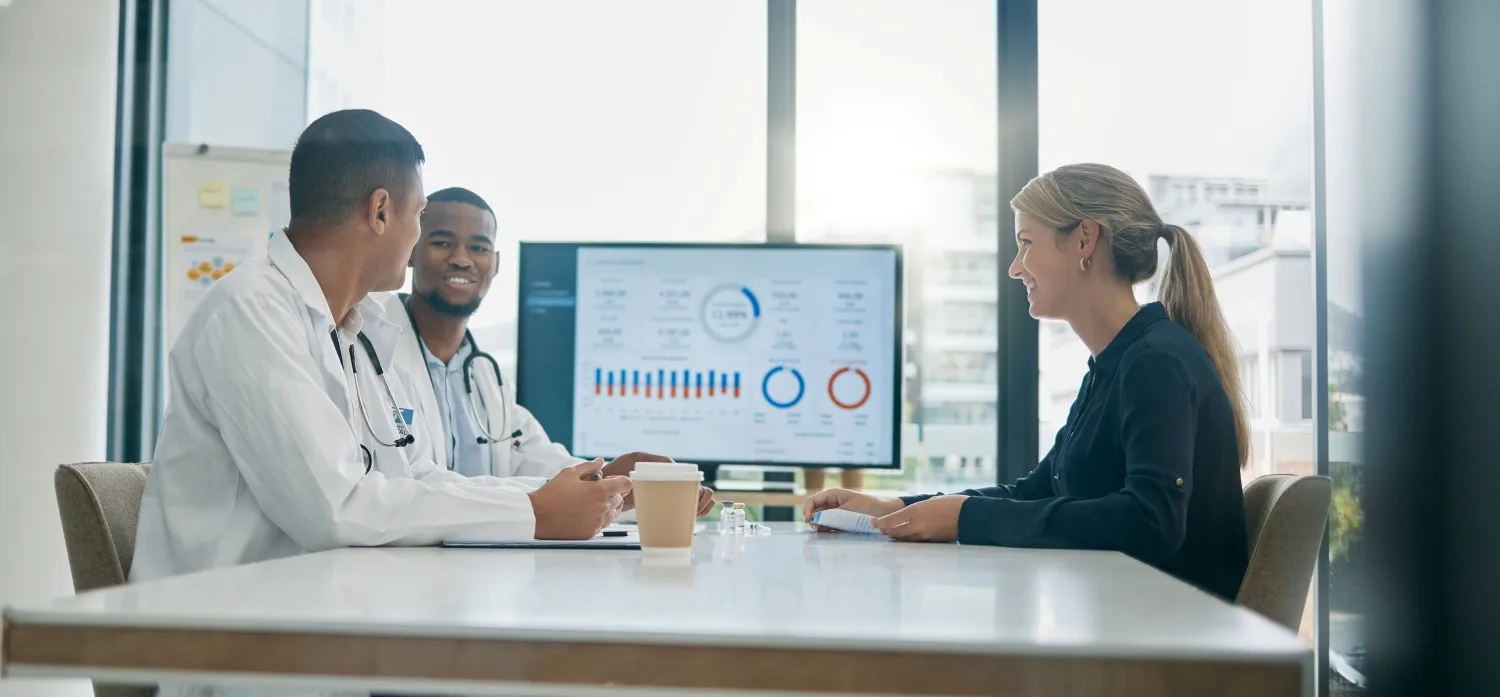
At VMG Health, we’re dedicated to sharing our knowledge. Our experts present at in-person conferences and virtual webinars to bring you the latest compliance, strategy, and transaction insight. Sit down with our in-house experts in this blog series, where we unpack the five key takeaways from our latest speaking engagements.
1. Can you provide a high-level overview of what you spoke about at the Ambulatory Surgery Center Association Conference and Expo?
The title of my presentation was Anatomy of a Deposition. My co-speaker, Will Miller, from Higgs Fletcher & Mack in San Diego, and I discussed what a deposition is and how it fits into the steps of a lawsuit from patient injury to subpoena, the discovery phase and the trial itself. We discussed how to prepare for a deposition, the possible ramifications of not utilizing an attorney in the process, and how to answer questions during a trial honestly while learning from your lawyer’s cues. For example, if you’re asked a question and your lawyer objects and says the question is vague and ambiguous, you might take that as a hint that you need to ask for the question to be rephrased before you respond.
2. What do you think the audience was the most surprised to learn from your presentation?
I received feedback from someone who was there, and they said that the presentation was a great reminder to pay attention to their documentation practices. It’s important not to get complacent with the documentation and to ensure nursing staff document what they need to while watching the scope of practice and licensure of themselves and other employees at the facility. You must always be cognizant of whether they’re functioning within their licensure or certification, and this course was a great reminder of that.
3. How do you think your presentation helped healthcare leaders better prepare for challenges?
I’ve already heard from a few people who are taking this information back to their surgery centers, and they’re educating their staff on proper nursing documentation as well as risk management, and giving them a little taste of what a deposition might be like. The two cases we highlighted in our presentation included documentation issues, such as not documenting on the correct form, not adding post-op score accurately, and lack of physician orders. These issues highlight why staff must pay attention to what they document and be sure their medical record tells the story of the patient experience. Leaders can use this information to show their staff what improper documentation looks like to a jury, how it ruins credibility, and the importance of proper documentation.
4. What resources would you suggest for those interested in learning more?
ESupport is an annual subscription for ambulatory surgery centers (ASCs), and it includes a host of resources: updated policies and procedures, a forum where they can write to and learn from a consultant, tools they can use in just about every aspect of their ASCs, and continuing education modules. Specific to this issue, we have a one-page training document on nursing documentation and an hour-long webinar that dives deeper into the topic.
Within ESupport, there’s also a risk management page that talks about more than just depositions; it provides a nice overview of what risk management is and some of the tools that people can use in their risk management program.
Our parent companies, BSM Consulting and VMG Health, also provide excellent resources for ASCs, from certification and accreditation to transaction valuation.
5. If someone takes only one message from your presentation, what would you want it to be?
Go back to Nursing Documentation 101. The rules have not changed, so go back to the basics. Make sure you document everything going on with your patients. Your documentation should reflect a patient’s story; if I read your medical record, it should tell me everything that happened with that patient during their episode with you.
Our team serves as the single source for your valuation, strategic, and compliance needs. If you would like to learn more about VMG Health, get in touch with our experts, subscribe to our newsletter, and follow us on LinkedIn.






